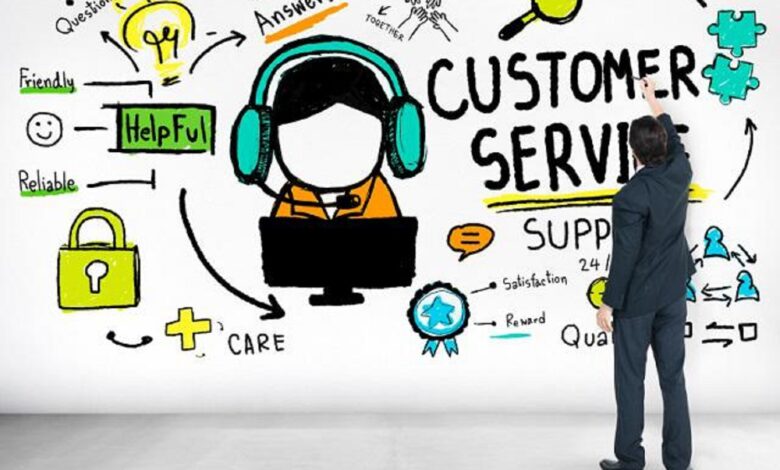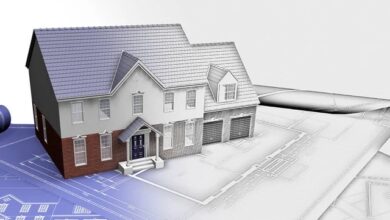Unleashing the Power of Electronic Design Forums for Troubleshooting and Problem-Solving

Electronic design forums can be a valuable resource for troubleshooting and problem-solving in various areas of electronic design. These forums provide a platform for engineers, hobbyists, and enthusiasts to exchange knowledge, seek assistance, and collaborate on solving design issues. Here are some ways to unleash the power of electronic design forums for troubleshooting and problem-solving:
- Community Support: Electronic design forums are home to vibrant communities of knowledgeable individuals who are passionate about electronics. By actively participating in these forums, you can tap into the collective wisdom, experience, and expertise of the community. Post your questions, describe your problems, and seek advice from fellow members. Chances are someone has encountered a similar issue in the past and can provide valuable insights or solutions.
- Detailed Problem Description: When posting on electronic design forums, provide a clear and detailed description of the problem you’re facing. Include relevant information such as the circuit configuration, components used, and any error messages or symptoms observed. The more specific you are, the better others can understand your problem and offer targeted assistance.
- Attach Schematics and Code: If applicable, share your circuit schematics, code snippets, or any relevant design files. This enables forum members to review your design and identify potential issues or improvements. Providing this additional information can save time and help others provide more accurate guidance.
- Research Existing Threads: Before posting a new question, search the forum archives to see if someone has already asked a similar question or encountered a similar problem. Often, you’ll find valuable discussions and solutions that can address your issue without needing to start a new thread. Additionally, reading through existing threads can enhance your understanding of common challenges and their resolutions.
- Engage in Discussions: Actively participate in discussions and threads beyond seeking help for your specific problem. Engaging with other members, answering questions, and sharing your own knowledge can build relationships and establish yourself as a reliable contributor. This, in turn, increases the likelihood of receiving prompt and helpful responses when you need assistance.
- Be Respectful and Grateful: Remember to maintain a courteous and respectful attitude towards other forum members. Acknowledge and express your gratitude for the assistance received, even if a solution doesn’t immediately solve your problem. Building positive relationships within the community will make others more willing to help you in the future.
- Contribute Solutions: As you gain experience and knowledge, don’t hesitate to contribute solutions to problems posted by others. Sharing your expertise not only helps fellow forum members but also reinforces your own understanding of electronic design concepts. By actively participating in problem-solving discussions, you contribute to the growth and vibrancy of the community.
- Verify and Document Solutions: When you receive suggestions or solutions from the forum, make sure to test and verify them. Document the steps you took to resolve the issue and share the outcome with the community. This not only helps others who might face similar problems but also demonstrates your commitment to sharing knowledge and contributing to the community.
Remember, while electronic design forums can be valuable resources, exercise caution and critically evaluate the information you receive. Not all advice may be accurate or applicable to your specific situation. Always cross-reference information, consult reliable sources, and use your judgment when implementing suggestions from the forum.








